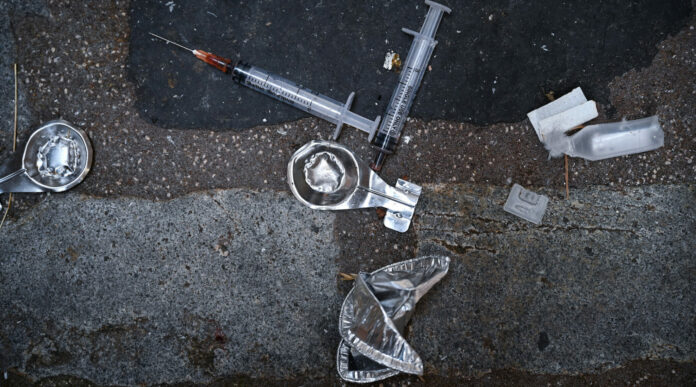NEW YORK (AP) – The U.S. Centers for Disease Control and Prevention (CDC) gave their stamp of approval to the Abrysvo vaccine this Friday. This crucial endorsement comes a month after the U.S. Food and Drug Administration (FDA) authorized the shot.
Dr. Mandy Cohen, CDC Director, emphasized the vaccine’s significance in a recent press release. “Abrysvo offers us another valuable tool to safeguard lives during the upcoming fall and winter seasons,” she stated. She urged parents to consult with physicians about fortifying their young ones against severe RSV illness. The choice stands between a prenatal vaccine or an RSV immunization post-birth.
For those eager to get the vaccine, some U.S. locations already have Abrysvo available. Experts predict its accessibility will rise in the coming weeks. The vaccine’s primary design caters to pregnant women between 32 and 36 weeks of gestation. Administering it within this timeframe aims to shield infants from birth until six months old from severe respiratory afflictions.
RSV, primarily impacting children, leads to severe illness in infants, which can necessitate hospitalization. Dr. Peter Marks, director of the FDA’s Center for Biologics Evaluation and Research, highlighted this when the FDA first green-lighted the vaccine. He said, “This milestone offers a preventive option for healthcare providers and expectant mothers to shield infants from this potential lethal ailment.”
But RSV doesn’t discriminate by age. The FDA points out it’s the predominant cause of lower respiratory tract illnesses in infants worldwide. By the age of two, a majority of children will have encountered RSV. While many only display cold-like symptoms, some grapple with grave respiratory conditions like pneumonia and bronchiolitis. The most perilous period? Their first year of life. It’s the top cause of infant hospitalization in the U.S., says the CDC.
Before Abrysvo, Beyfortus, a lab-crafted antibody shot, was the primary defense against RSV. Its first one-dose iteration recently got the nod for infants under 8 months, administered before their first RSV season.
Pfizer, Abrysvo’s producer, has big hopes. They project, as the Associated Press revealed, that with widespread adoption, the vaccine could mitigate 320,000 infant doctor visits and avert 20,000 hospitalizations annually. Administered as a single muscle injection, this is the same medication that both the FDA and CDC approved in May to thwart RSV-induced ailments in those 60 and older.
Clinical trials showcased Abrysvo’s prowess. The vaccine slashed the risk of severe illness by roughly 82% within three months post-birth, and about 69% by six months. A subgroup study further elucidated that Abrysvo curtailed the risk of respiratory maladies by around 35% and plummeted the threat of severe lower respiratory diseases by over 91% within three months after birth compared to a placebo. By half a year, the reductions stood at about 57% for respiratory afflictions and 76.5% for severe illnesses.
The FDA evaluated the vaccine’s safety in two distinct studies. Common side effects encompassed injection site discomfort, headaches, muscular pain, and nausea. Notably, a hypertensive pregnancy disorder, pre-eclampsia, appeared in 1.8% of Abrysvo recipients versus 1.4% in the placebo group. Additional concerns included a higher rate of low birth weight and jaundice in infants whose mothers received Abrysvo. The FDA also noted a potential disparity in preterm births for Abrysvo recipients and issued a warning to healthcare providers. Pfizer now has the mandate to pursue further investigations regarding preterm birth and pre-eclampsia risks.



